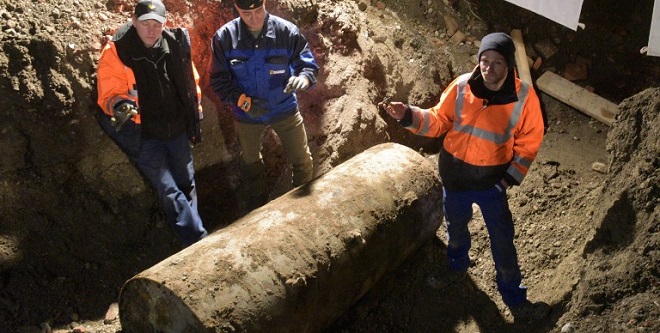
When politics determines who can teach and what to study, knowledge ceases to be a civil right
Project Syndicate | Andrea Pető |The World War I exhibit at the House of European History in Brussels offers visitors an arresting sight. In a simple yet dramatic gesture, the museum has placed the pistol used in the June 1914 assassination of Archduke Franz Ferdinand in a glass-paneled cabinet right in the center of the room.
The tour guide informed our group that, following much heated debate, the museum had agreed to change the objects on display from time to time, so that different countries could exhibit their most precious historical relics. But when I peevishly remarked that the pistol Gavrilo Princip used in Sarajevo is irreplaceable, the curator replied that four European museums claim to have the authentic pistol on display.
As much as I respect and defend the plurality of European national traditions, only one pistol, not four, triggered the outbreak of World War I. We cannot be “pluralistic” and “inclusive” when historical facts dictate a single right answer to a question. And such questions must be decided by experts who have been rigorously educated in the history (and trained in the historical sources) of a given era, not by those with a political agenda.
Such a view may seem like common sense. But scientists, their institutions, and the legitimacy of scientific knowledge itself are under increasing threat in several European countries. Freely elected governments have recently blocked financial support for research projects with no official explanation (Bulgaria), removed educational programs from the list of accredited university subjects (Hungary), and even eliminated entire disciplines (Poland).
These governments are disregarding centuries-old university traditions that were respected even during the communist era. But the powers behind such decisions are not interested in establishing historical or scientific facts. And they are ready to criticise, ridicule, or even threaten those who have already acquired such knowledge, or wish to do so.
We should reject the notion that the instigators of these attacks are ignorant and uneducated, and do not respect knowledge. Senior members of the Hungarian government that forced the Central European University, founded by the financier George Soros, to move to Vienna, and banned gender studies, had previously received scholarships from Soros’s Open Society Foundation to study in Oxford, New York, and elsewhere. These are highly educated people who know that knowledge is power, have a clear agenda, and are taking advantage of the fact that education in the European Union is the responsibility of national governments, not Brussels-based institutions.
 The Independent Uganda: You get the Truth we Pay the Price
The Independent Uganda: You get the Truth we Pay the Price



